Story-based learning or narrative-based learning is not something we see in everyday practice. This method focuses on learning languages through literature, using storytelling at an early age.
As a real enthusiast of storytelling, I’ve decided to create a storytelling-based curriculum. I currently have more than 35 books for primary school students in English, and my collection keeps growing. This curriculum is created for 2nd, 3rd, and 4th grade, and it is organized in a local cultural center that aims to provide many educational activities. It is located in the suburbs, and another aim is to include children, teenagers, and adults from the socially deprived environment by providing free education.
Why are books important?
Books are important for overall child development! Here is a video teacher in a school in the UK who recorded the importance of reading books! :) A great video to motivate children to read!
Curriculum outcomes
- Contextual vocabulary acquisition – basic vocabulary for grades 2 to 4 + vocabulary present in the books.
- Contextual grammar learning – assessed based on Cambridge (Starters, Movers, Flyers.)
- Social-emotional development and acquisition of positive behavior patterns.
- The 4C’S – communication, collaboration, creativity, and critical thinking.
- Additional 21st-century skills – digital literacy and the use of simple digital tools.
- Drama activities – gross and fine motoric development through interactive dramatization.
- Crafting – workshops with the topics of the books and development of fine motoric.
- Development of environmental awareness through sustainable workshops.
Group organization – number and age
- The group cannot have more than 15 children because of space limitations and quality work. The group we have now has only two girls which makes it hard to do classroom management in the predominately boys’ classroom.
- The children in the group will not change since they make an ‘informal’ class. Despite this being a program in an informal learning society, language learning requires structure and reusing the vocabulary in context. If the group members keep changing, we will see no progress in language acquisition. Also, the play, the communication, and collaboration in the class develop with every workshop we have.
- Language level and age – The children in the group have to possess basic literacy skills. To participate in the program, they have to had studied English in school for at least two years to achieve fluency needed to use and understand the books I currently have. We can take into consideration children from the 2nd, 3rd, and 4th grades.
The general structure of the workshop
- 1st hour of the workshop – pre-teaching the vocabulary through various activities like using flashcards and TPR. We will focus on the interactive storytelling with dramatization, as well as activities to understand the story (story sequencing, inventing new end of the story, speech development through games, etc.).
- 2nd hour of the workshop – crafting workshop with recyclable materials connected with the topic of the book to review the motives through practical activities. The products of the workshop (crafts) are not only decoration but tools for dramatization as well – dolls, flashcards, posters, infographics, and so on.
- The music will be playing during crafting to promote concentration and improve the classroom atmosphere.
- At the end of every workshop, the children will select a new book from the interactive library, and we will use it next time to promote their participation in the book selection.
- After every workshop, I will write a reflection post on my website. If parents own a smartphone and internet, I will create a subscription link, and they will receive an email when a new reflection article is written.
- Finally, we will make a special video recording where I dramatize and read the story without the children. This video will be posted on YouTube, and the parents will be able to play the stories to the children at home. The recordings will also be used in my online and offline classroom.
The end of the program
The end of the storytelling-based learning program will have a theatre play we will make together, along with the costumes, the script, and the background drops. We will also write and illustrate a book for children, and that will be our last project.

A summary in Serbian: story-based learning for parents
Storytelling-based learning / narrative-based learning – podrazumeva učenje jezika kroz književnost, u ovom slučaju za decu. Program se održava u Kutku za kulturu na Slanoj bari.
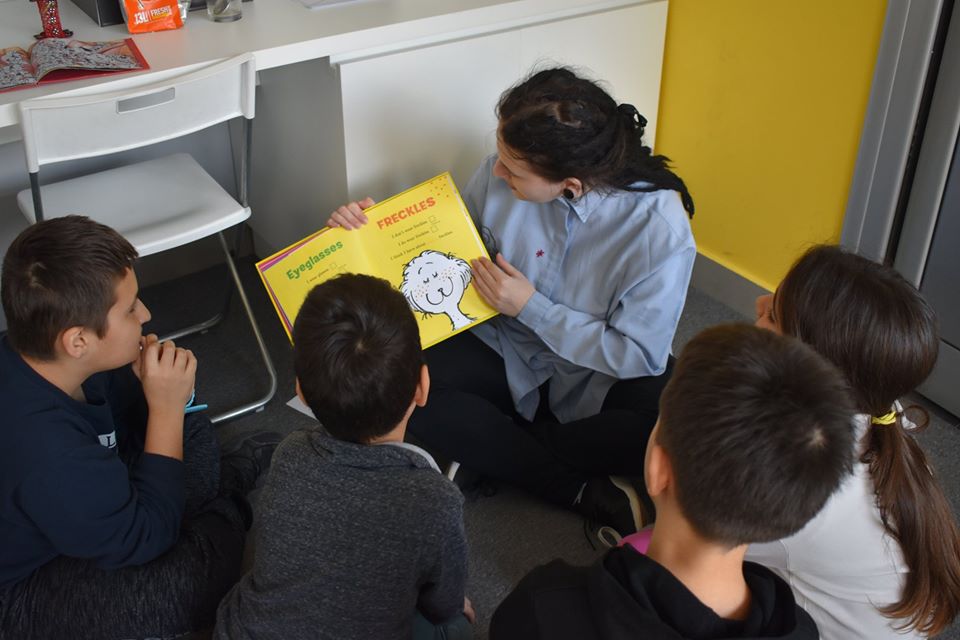
Ciljevi programa
- Kontekstualno usvajanje vokabulara – osnovni pojmovi + pojmovi iz knjigaKontekstualno usvajanje gramatičkih struktura, Starters Level Cambridge (nivoi za decu su Starters, Movers, Flyers.)
- Socijalno-emocionalni razvoj i usvajanje pozitivnih oblika ponašanjaVeštine 21. veka – komunikacija, kolaboracija, kreativnost, kritičko razmišljanje.
- Dodatna veština 21. veka – digitalna pismenost i upotreba jednostavnih digitalnih alata u radu.
- Dramske aktivnosti – razvoj krupne motorike i gestikulacije.
- Crafting – radionice sa temom knjige i razvoj sitne motorike (upotreba prstiju).
- Razvijanje ekološke svesti kroz održive radionice.
Organizacija grupe – broj i uzrast
- Grupa može imati maksimalno 15. dece zbog malog prostora i kvalitetnog rada.
- Grupa mora biti fiksna – deca se mogu prijaviti do određenog datuma i nakon toga program može početi. Učenje jezika zahteva strukturu i ponovnu upotrebu vokabulara u kontekstu i ukoliko grupa ne bude stalna, rezultati neće biti ostvareni.
- Nivo jezika i uzrast – Deca koja prisustvuju moraju znati da pišu i čitaju latinicu. Da bi učestvovala u programu, deca moraju učiti engleski jezik u školi dve godine. U obzir dolaze deca 2, 3. i 4. razreda.
Okvirni struktura radionica
Storytelling se održava subotom, popodne, u trajanju od 2 sata.
- 1. sat – priprema vokabulara pre pričanja priče kroz razne aktivnosti, (fleš kartice, pokretne igre i slično), interaktivno pričanje priče uz dramatizaciju i druga sredstva, kao i aktivnosti za razumevanje priče (ređanje događaja po redosledu, smišljanje novog kraja priče, razvoj govora kroz individualne igre tipa ,,ja u priči” itd.)
- 2. sat – radionica sa reciklažnim materijalima sa temom priče, kontekstualno obnavljanje motiva priče sa aktivnostima. Proizvod radionice nije dekorativnog tipa, već služi kao alat u daljem radu. (lutkice za dramatizaciju, fleš kartice, posteri, infografici. itd.)
- Slušanje muzike tokom rada za razvoj koncentracije i pozitivne atmosfere.
- Na kraju svakod druženja deca će iz interaktivne biblioteke izabrati priču koju ćemo naredni put obrađivati, tako da se podstiče njihovo učešće u odabiru materijala.
- U sklopu programa ću pisati refleksiju svakog druženja na svom sajtu. Ukoliko roditelji poseduju mobilni telefon i internet na telefonu, možemo napraviti malu grupu na viberu/whatsapp-u i slati slike, snimke, pričati sa decom ili slati sitne zadatke do naredne nedelje.
- Poslednje, napravićemo poseban snimak čitanja priče bez dece koji ću podeliti na YouTube da bi roditelji ukoliko žele mogli deci da puste priče kod kuće. Snimci bi takođe bili korišćeni u mojoj online i offline učionici.
Završetak programa
Kraj programa će imati predstavu koju ćemo zajedno napraviti, zaključno sa kostimima, tekstom i kulisama. Takođe ćemo zajedno napisati i ilustrovati jednu knjigu za decu, i to će nam biti poslednji projekat.
Have you ever thought of using storytelling-based learning as the basis of your curriculum? Do you believe that literature can be used to promote language acquisition in young learners? Please write in the comments or via the contact page. I would love to hear your opinion!
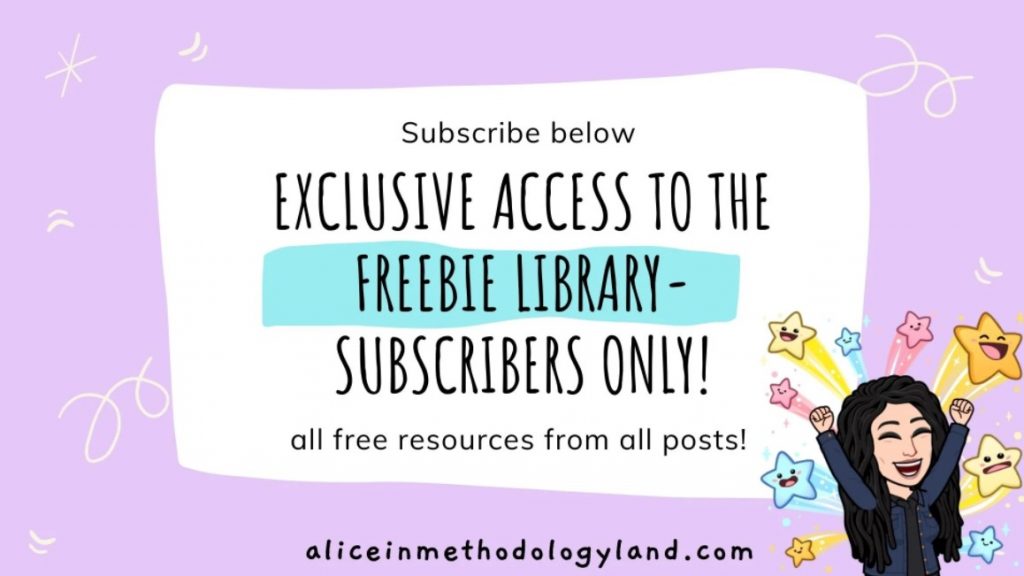
Click here to explore our materials corner where 99% of materials are forever free!
All the materials except lesson plans and 30+ page interactive activity books will be free FOREVER! Why? Because sharing is caring, and the past few years have not been kind to any of us. Please consider donating so we can keep making FREE materials for everyone.
Don’t forget to leave a review when you download materials! It’s just a minute of your time, and it means a lot to us.
P.S. The store and the freebie library are not the same things – the freebie library has some extra materials like conference presentations and webinar recordings which are not available in the store
The subscription link for the store is below the author’s bio in every post.
*Our articles may contain affiliate links, which is one of the ways we keep our organization functioning, and we might earn a small commission on links, at no cost to you.
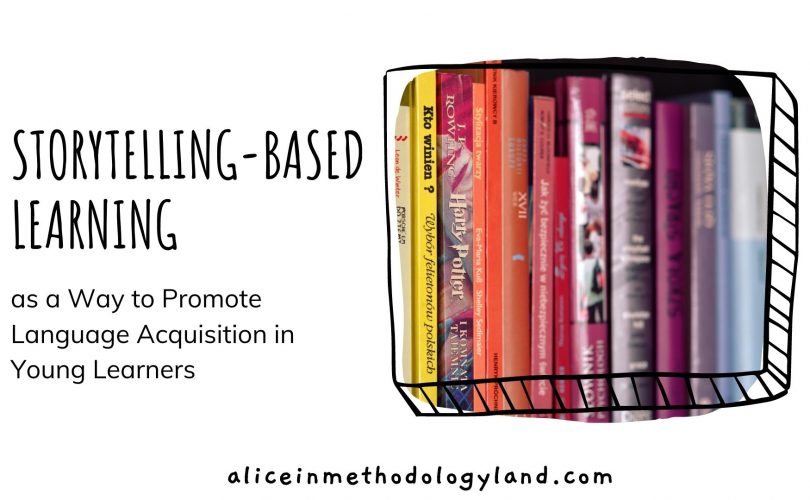

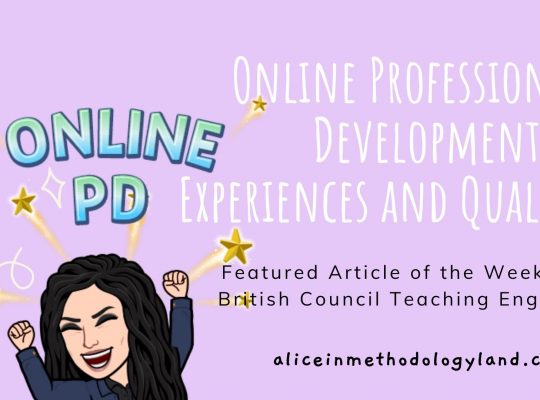
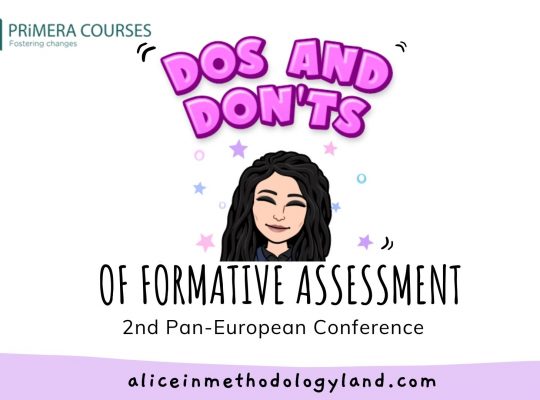
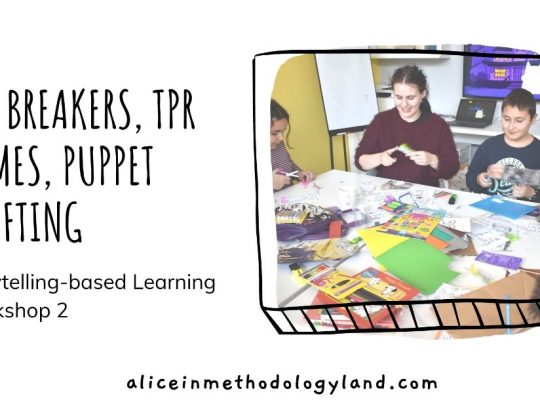
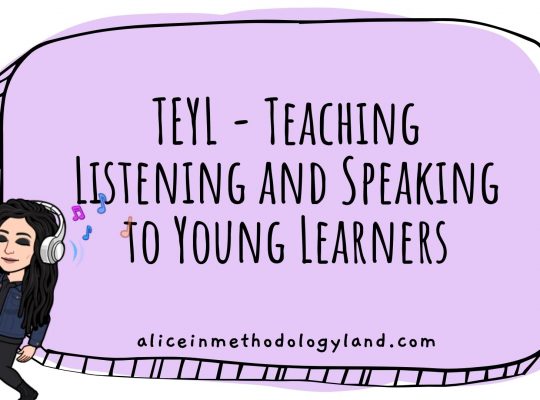
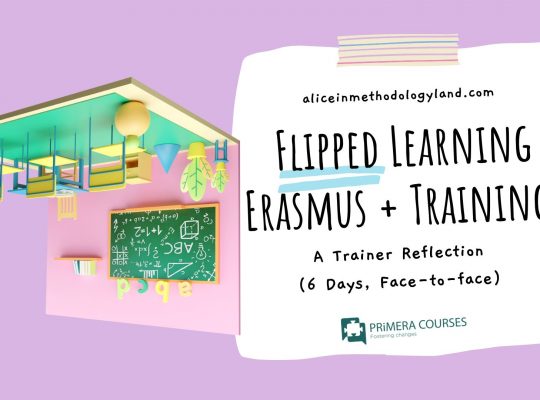
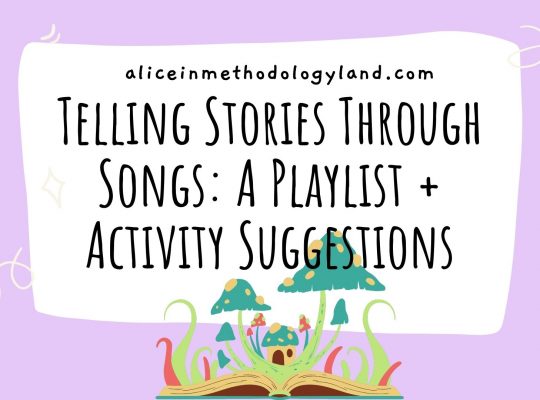
[…] Storytelling-based Learning as a Way to Promote Language Acquisition in Young Learners Storytelling-based Learning as a Way to Promote Language Acquisition in Young Learners […]
[…] Storytelling-based Learning as a Way to Promote Language Acquisition in Young Learners […]
[…] Storytelling-based Learning as a Way to Promote Language Acquisition in Young Learners […]
[…] Storytelling-based Learning as a Way to Promote Language Acquisition in Young Learners […]
[…] Storytelling-based Learning as a Way to Promote Language Acquisition in Young Learners […]
[…] Storytelling-based Learning as a Way to Promote Language Acquisition in Young Learners […]
[…] My storytelling-based learning curriculum outline; […]
[…] Storytelling-based Learning as a Way to Promote Language Acquisition in Young Learners […]
[…] Storytelling-based Learning as a Way to Promote Language Acquisition in Young Learners […]
[…] Storytelling-based Learning as a Way to Promote Language Acquisition in Young Learners […]
[…] My storytelling-based learning curriculum outline; […]
[…] Storytelling-based Learning as a Way to Promote Language Acquisition in Young Learners […]